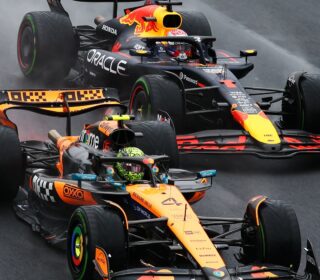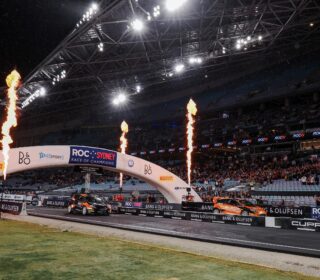The Case for Budget Endurance Racing
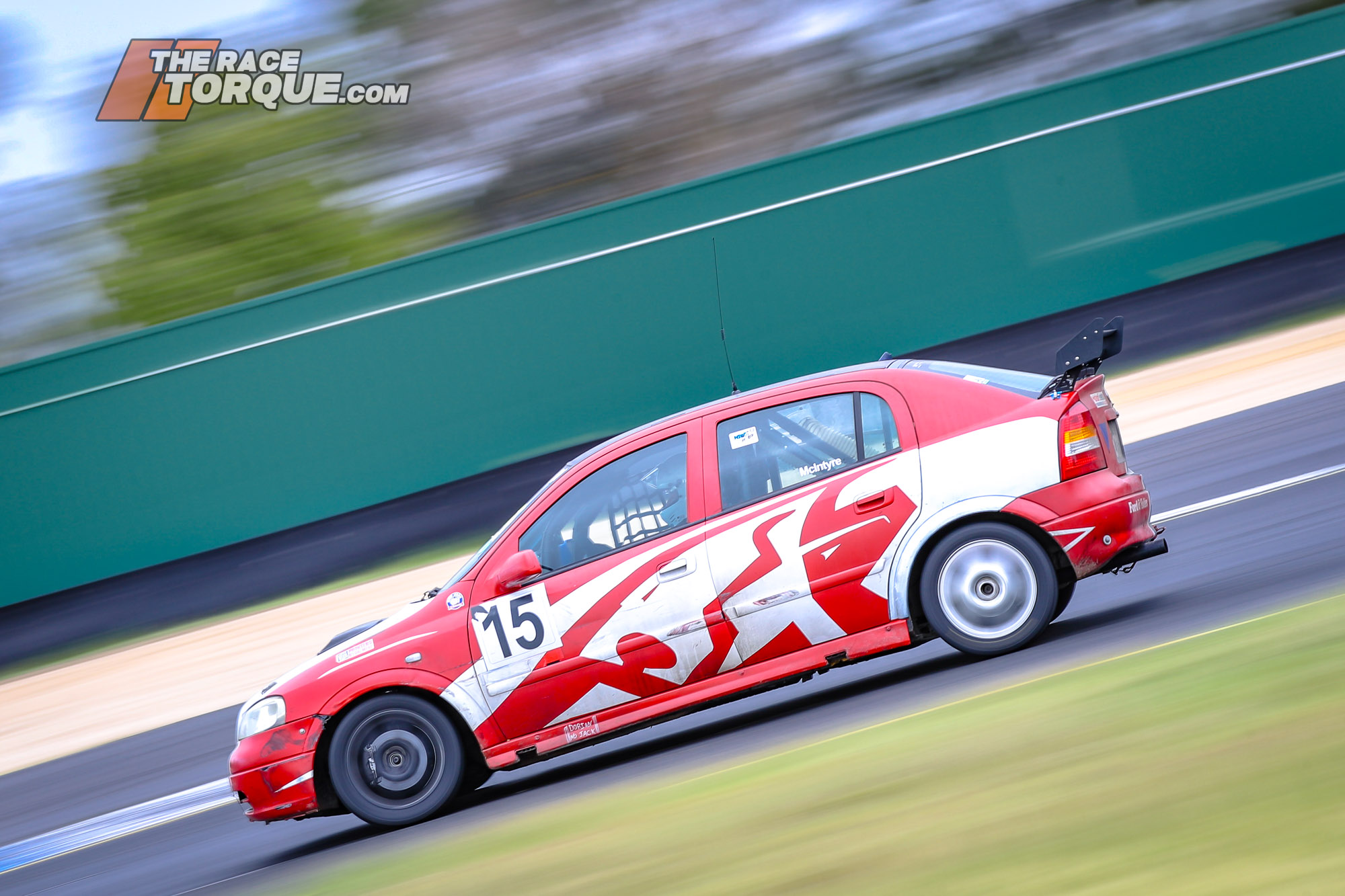
Motorsport is an expensive and serious business. But it doesn’t have to be.
Last weekend, we were exposed to our first dose of Motor Events Racing’s budget endurance motorsport with the Sandown Showdown, and we are all in on the concept.
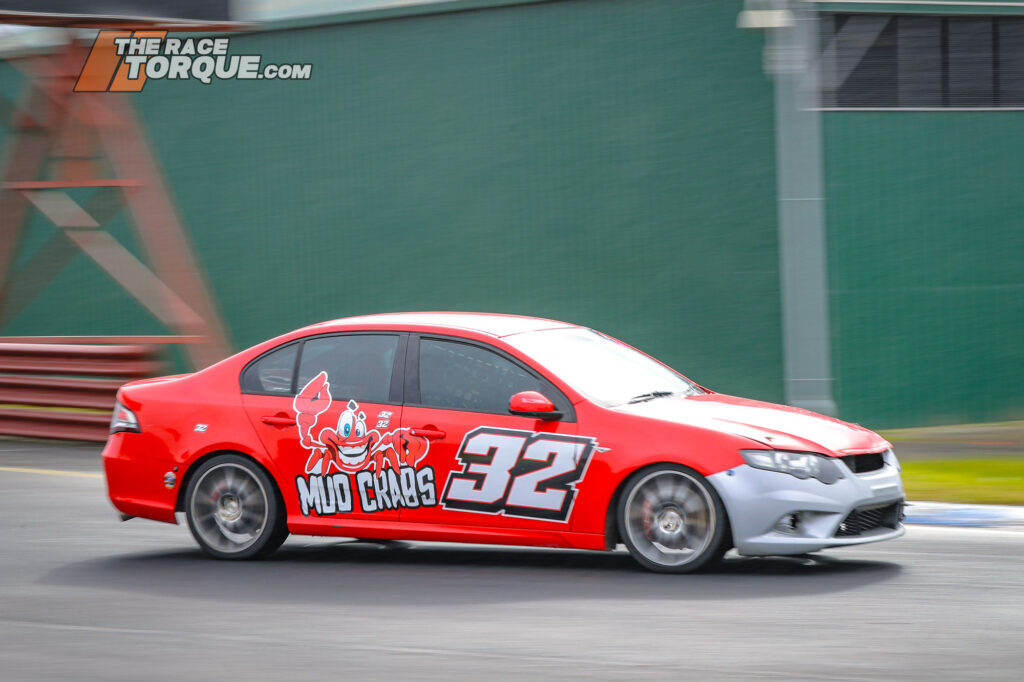
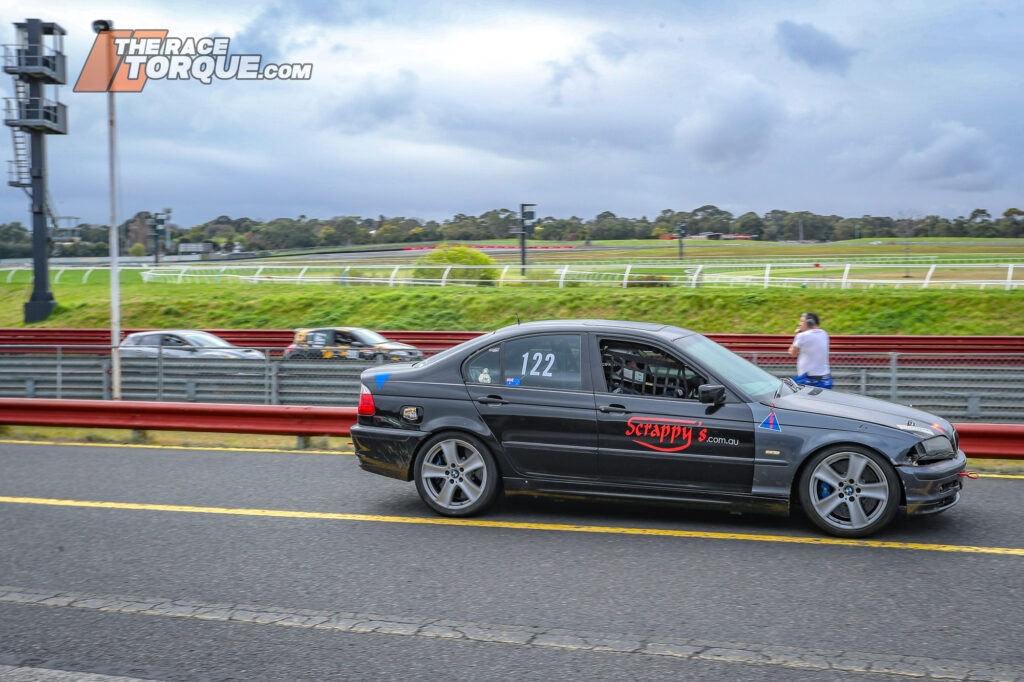
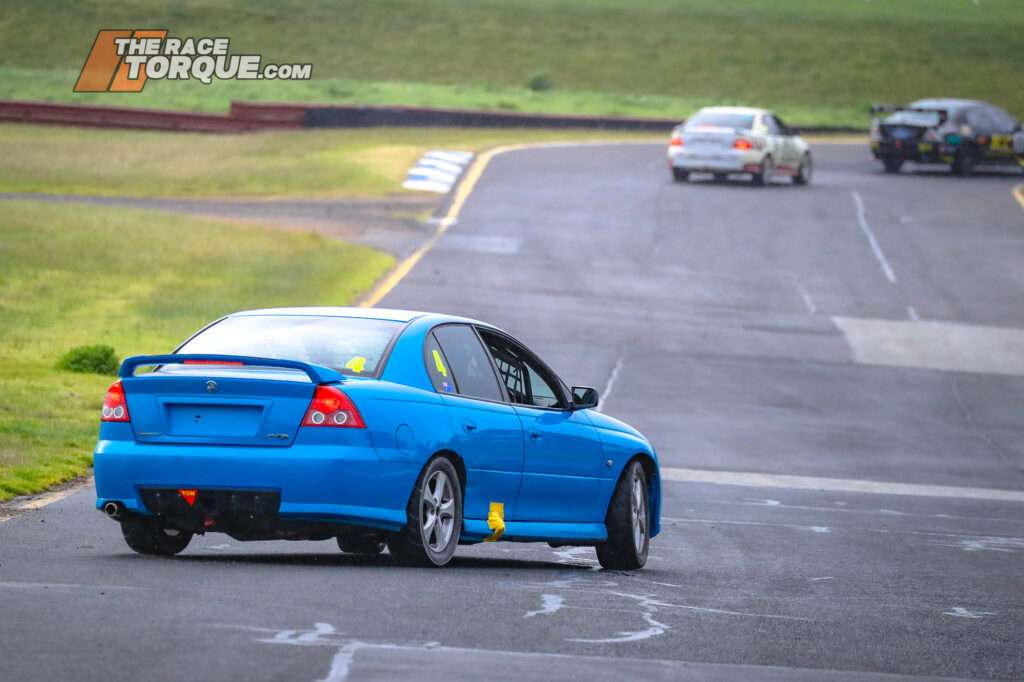
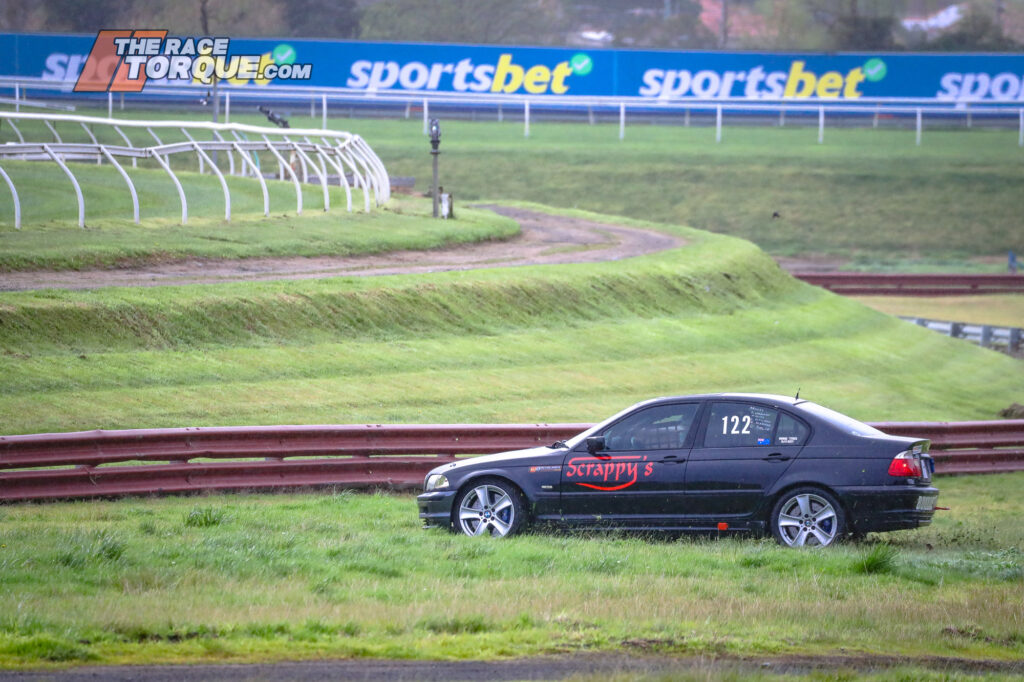
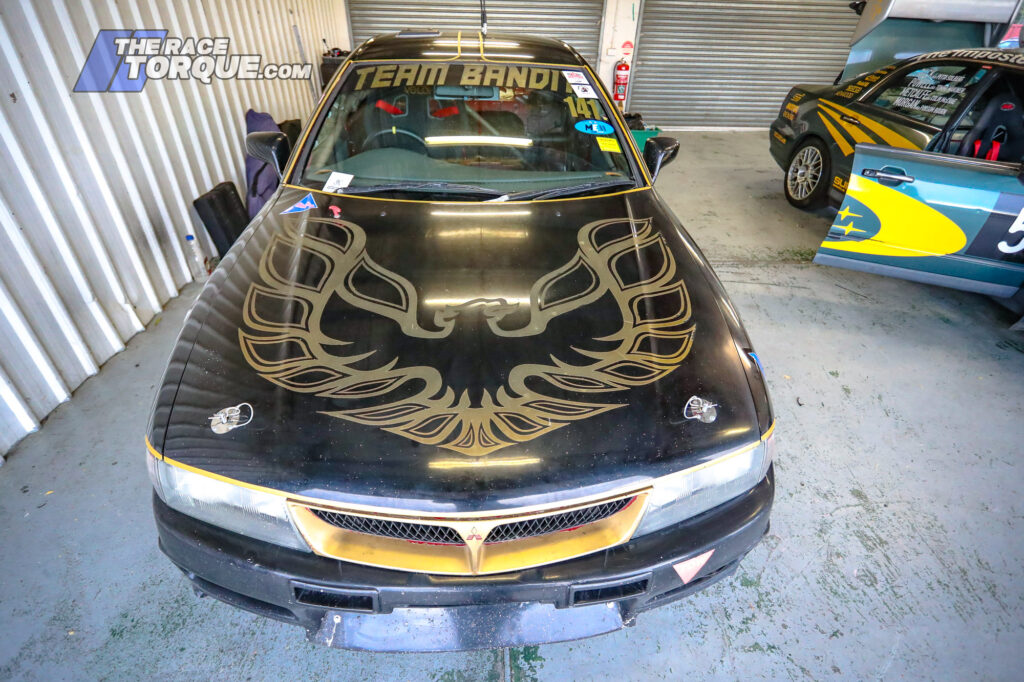
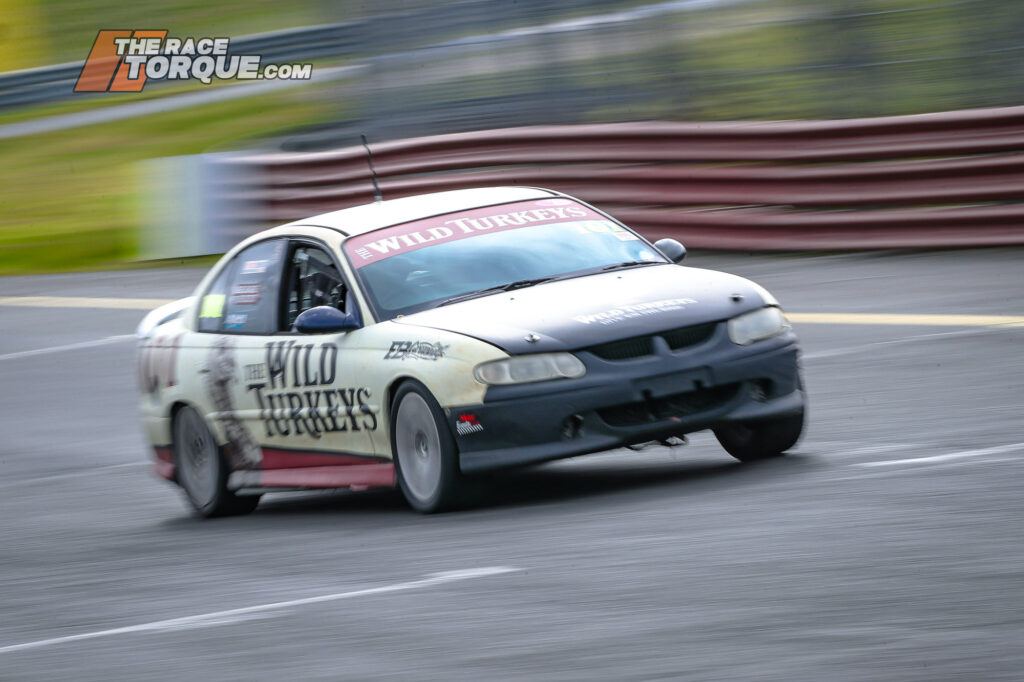
Dollars and Sense
For forever and a day, one of the most significant barriers of entry to motorsport has been cost.
Take, for instance, the humble Hyundai Excel in circuit racing.
At the category’s infancy nearly 15 years ago at Lakeside in Queensland – the machinery was cheap – picture a pack of cars fitted out with half cages and minimum modifications.
However, as motorsport tends to do, affordability drew in prospective entrants in their droves, ramping up the competitiveness. To find speed, racers inserted dollars.
Come 2024, you don’t blink when you see a Circuit Excel advertised for $40,000.
While $40K for a race car is relatively affordable in the modern motorsport world, it’s a price bracket that would undoubtedly exclude many potential competitors at that end of the field.
However, for those willing to scratch around, there are outlets that let you satisfy the itch if you are budget-conscious.
For instance, we have covered khanacrosses and motorkhanas on these pages, both on dirt and pavement, where with your own car, you can get your competition on for only $30 a pop.
While blatting around a short course is great, it doesn’t quite fill your bucket as much as actually cutting laps on a proper big boy circuit.
Track days are the perfect outlet to get your road car on a circuit, and practically every venue around the country has a stream of accessible events.
But it’s not racing, is it?
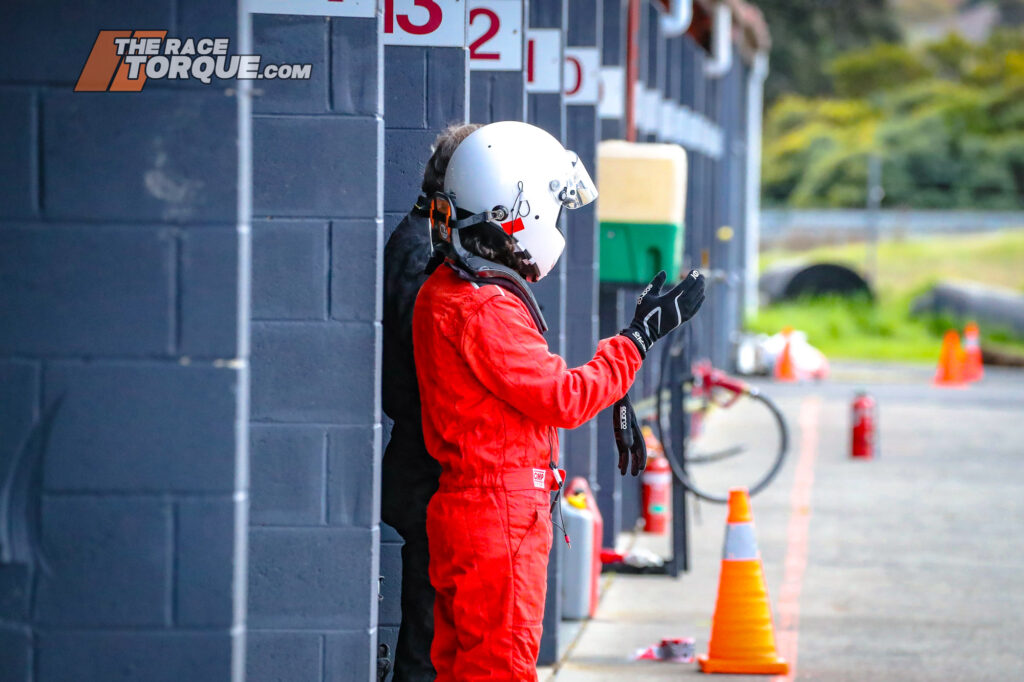
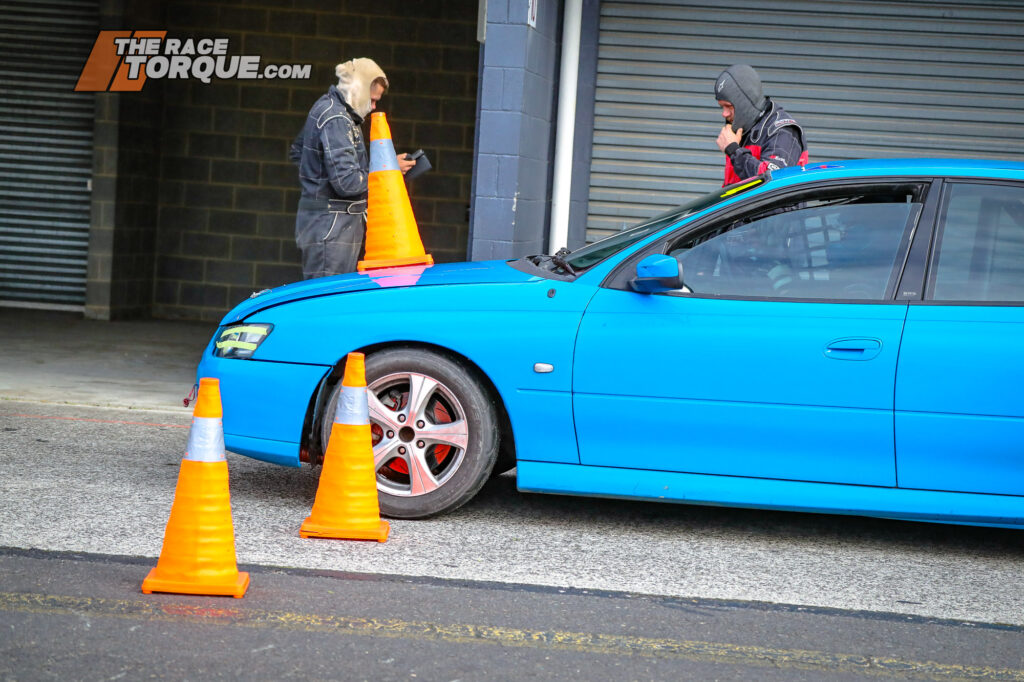
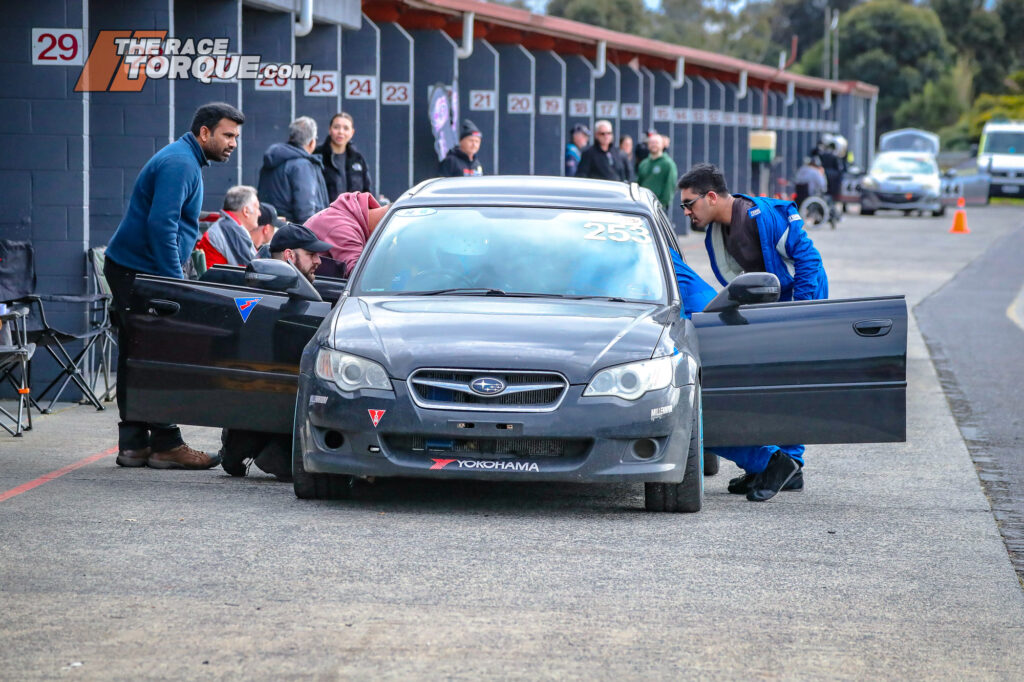
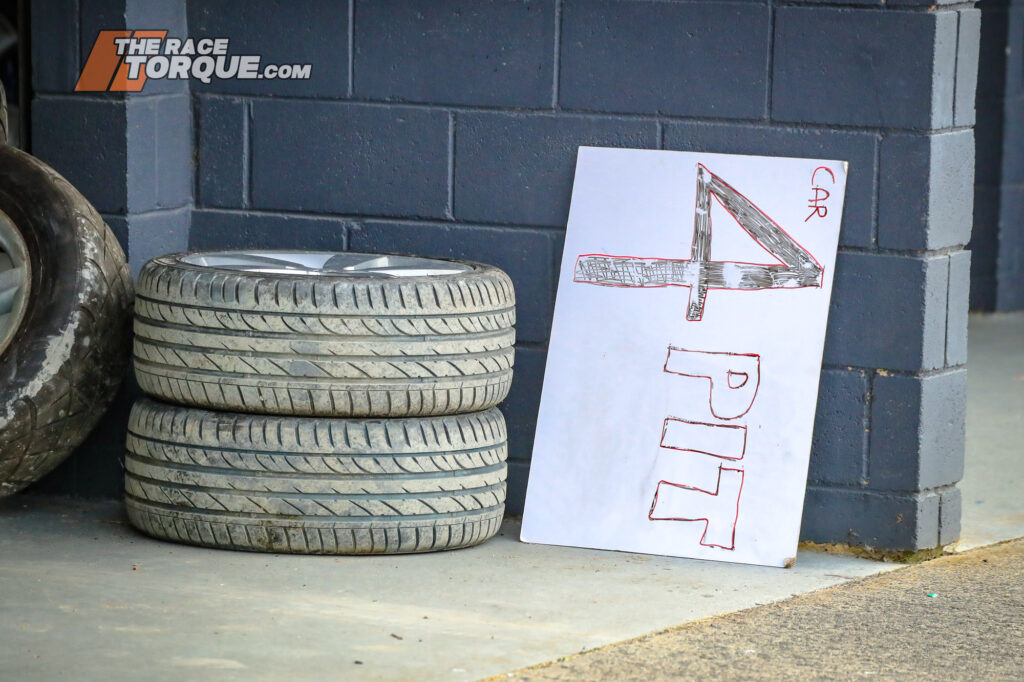
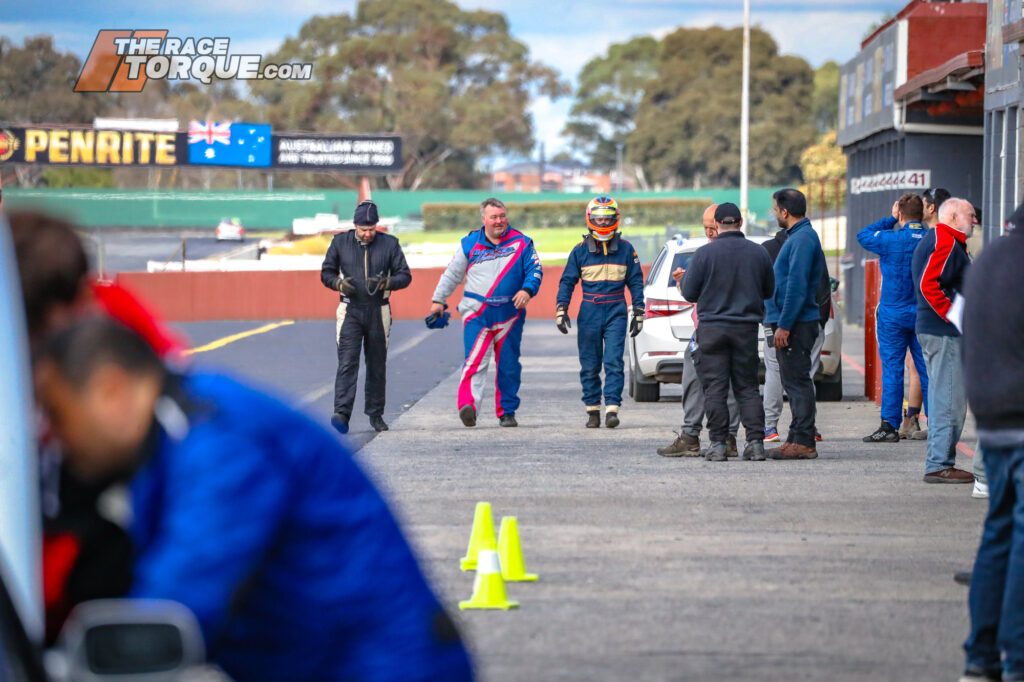
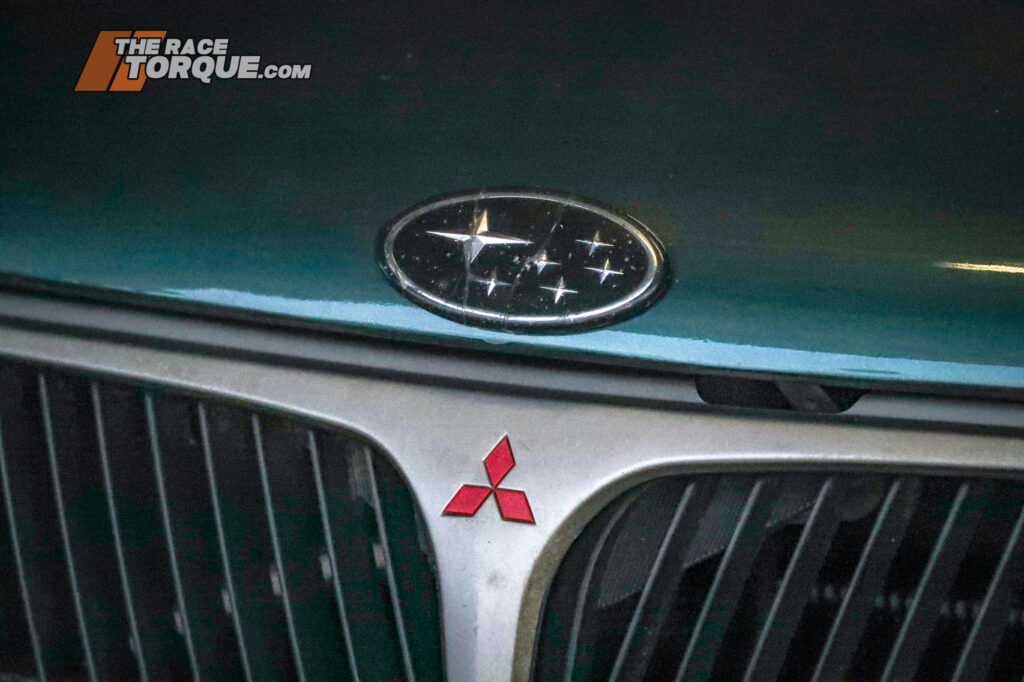
Enter Motor Events Racing, which tours its budget-conscious formula around the country with a series of enduros at most of the nation’s major facilities.
Born from the framework originally laid down by Lemons Racing, the formula has morphed and merged into a fun grassroots presence on the motorsport landscape.
By putting together a team of drivers, the costs can be shared. Plus, with the enduro formats in play, you get a lot of time on track, something that practically every other form of the sport can’t compete with.
While at some motorsport events, you might be pedal to the metal for minutes at a time, with the Motor Events Racing format, events last up to 25 hours of racing over a weekend.
At Sandown, for instance, it was a one-day meet, featuring a quick 20min practice session followed by a 7hr15min race, in which time the winner covered 257 laps or 796km.
In fact, several crews from the Melbourne event backed up for an encore serving the very next day with another event contested at The Bend.
The entry fee for Sandown was $1,200, which for the track time received, is very good value in motorsporting terms.
Further to the financials, organisers stipulate cars should have a Redbook value of $5,000, although that isn’t necessarily hard and fast, with an older Nissan 350Z a clear outlier – the cheapest one available now on Carsales would set you back $10,000.
Cars outside the price range can be approved to run in the open racing bracket.
While the vehicles aren’t typically of a concours standard, one area not skimped on is safety, and looking through the field, roll cages, race seats, hardnesses, kill switches, extinguishers and other safety kit look pretty sharp.
As with other circuit racing, fireproofs, HANS and decent helmets were also in vogue, so you get the distinct impression that while there is an emphasis on fun, it’s against a serious backdrop.
Two-way radios are a common luxury throughout the paddock, as communications are a necessity in long-distance racing.
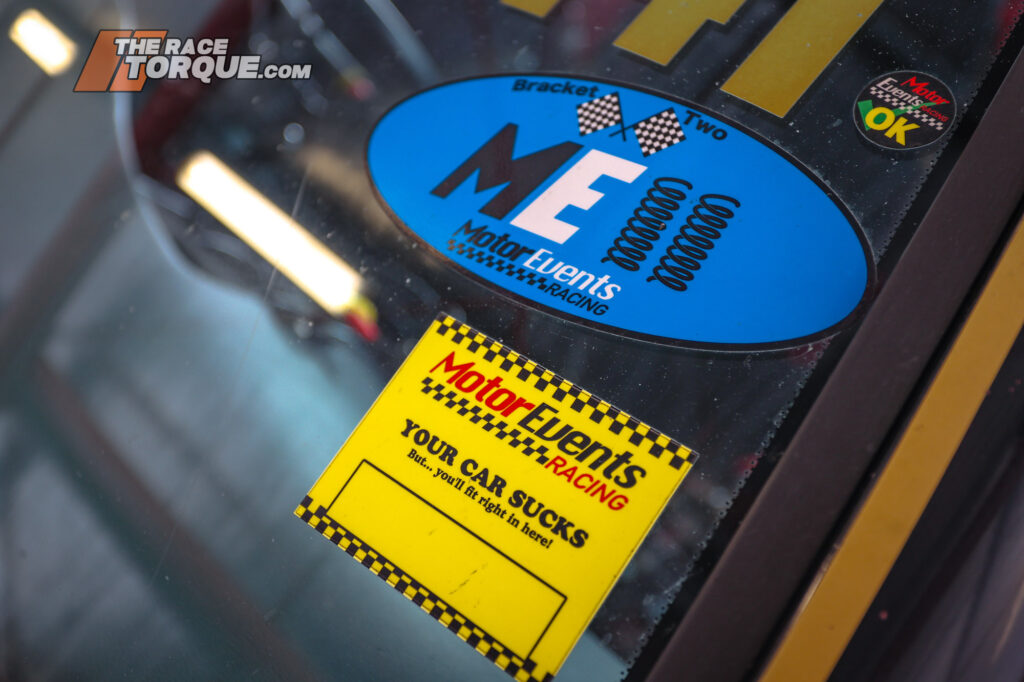
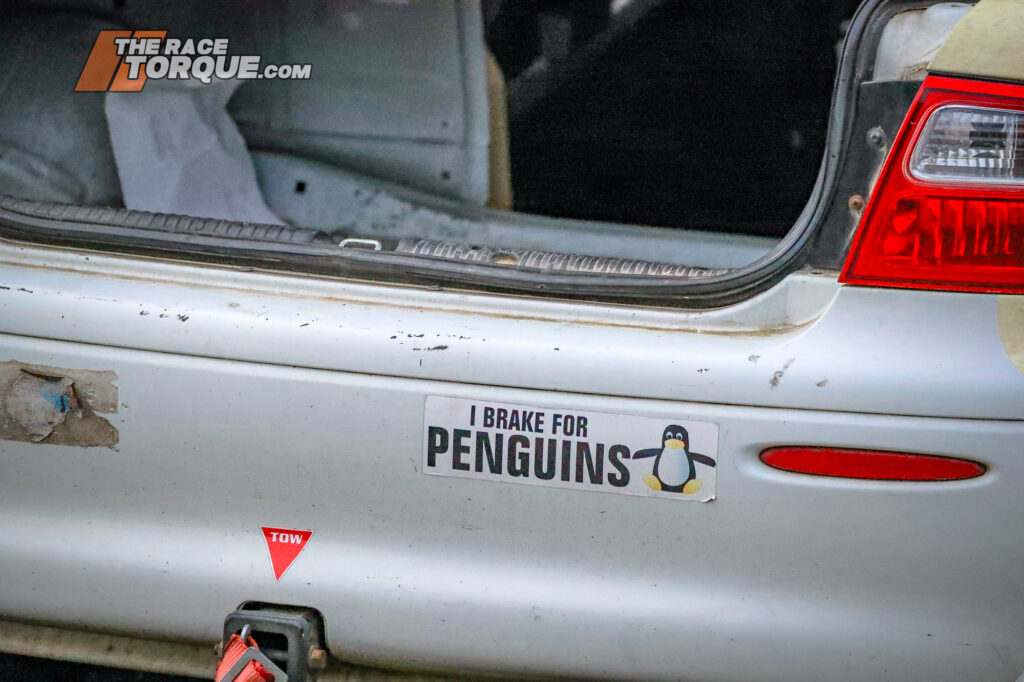
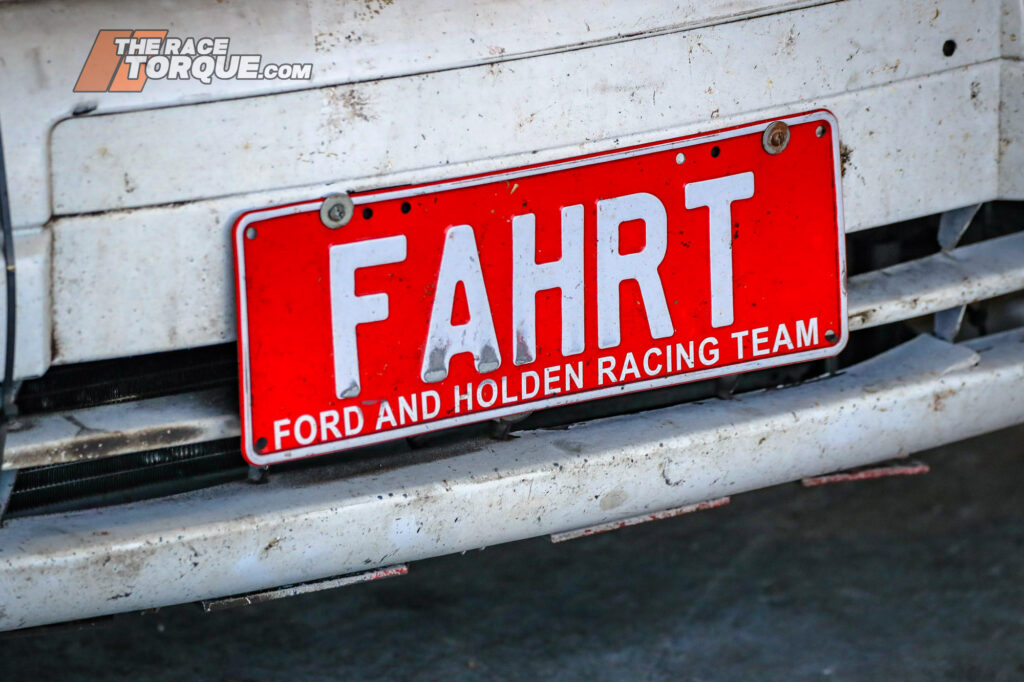
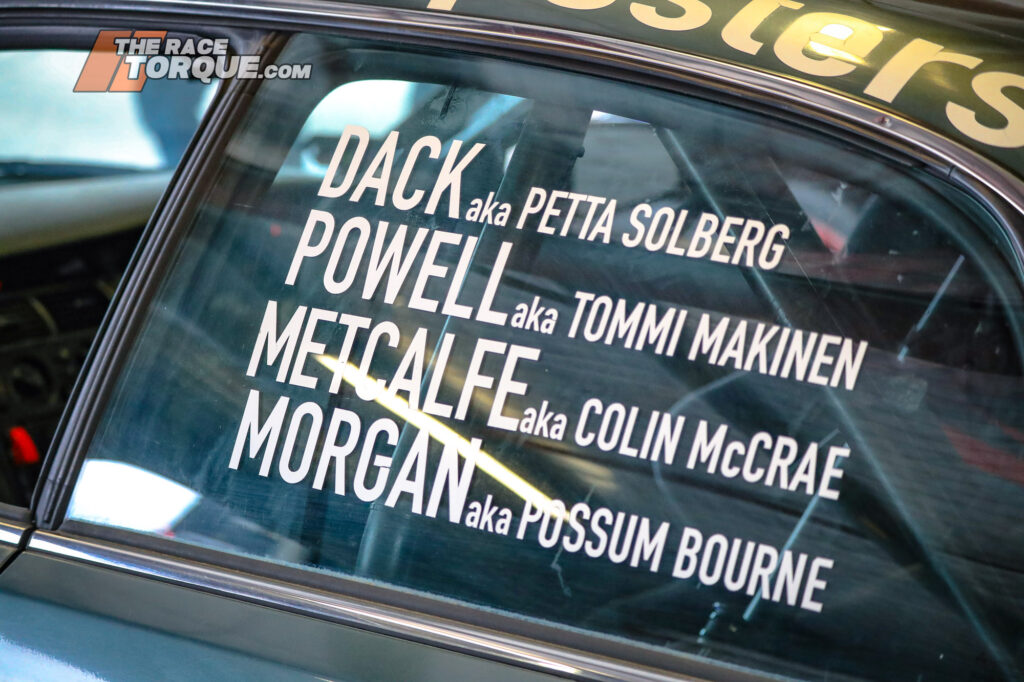
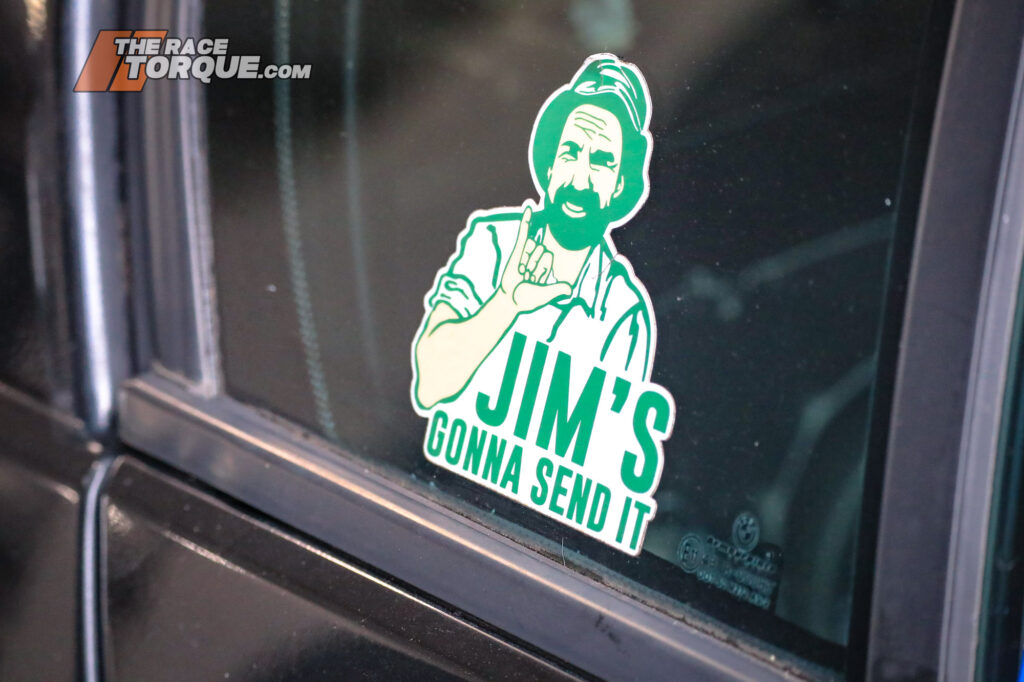
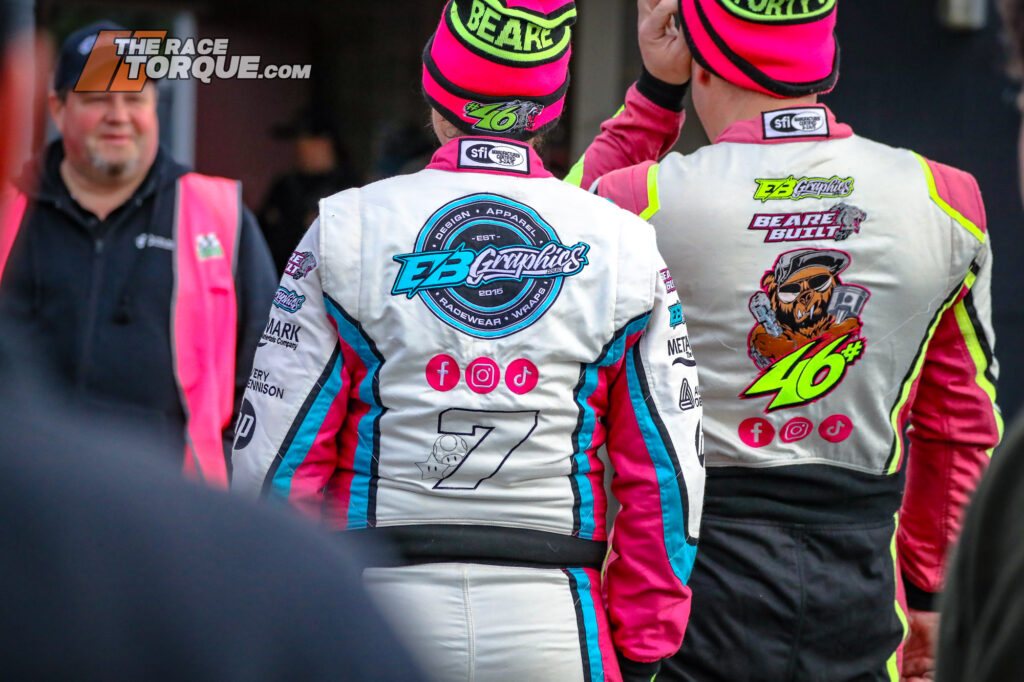
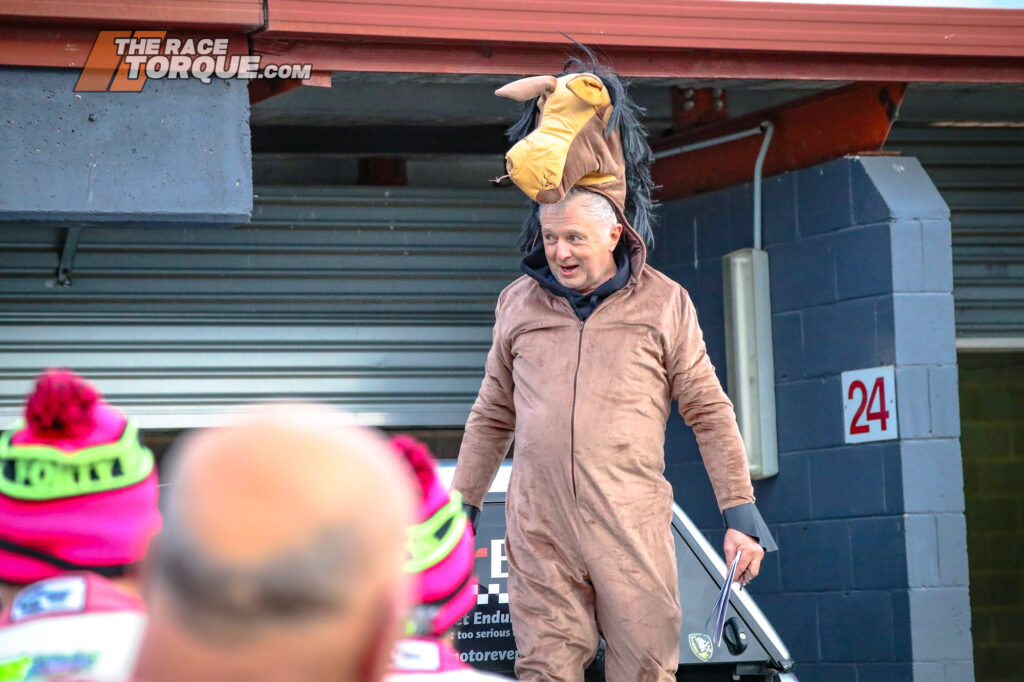
The Fun Factor
The paddock vibe is genuinely one of fun—this is not highly strung, serious motorsport, and that ethos is reflected in the on-track action.
While the competition isn’t necessarily fierce, competitors tend to give each other lots of space and respect; tactics play a vital role in determining the final outcome.
With ostensibly cheap production cars, there’s a reward in playing a long game in the races.
For instance, from the outset of the Sandown Showdown, some cars went very hard straight out of the gate, and they were amongst the first to fall by the wayside.
The race started behind the safety car, which lapped progressively faster until the field was spread, thus ensuring competitors could find their place on the track from the get-go without a rush into the first corner, with the front starting slots earned via a charity auction.
Clearly, some teams take the fun factor very seriously, such as the Ford and Holden Racing Team, or FAHRT, Knucklehead and more.
The day’s winner was an old Mazda 3 MPS running under the Days of Blunder banner.
Another strong entry was The Wild Turkeys VX Commodore, which set its fastest lap time on circuit 248 of 250.
That particular outfit was one of a few that lined up again the following day at The Bend – a solid commitment to the sport if ever there was one.
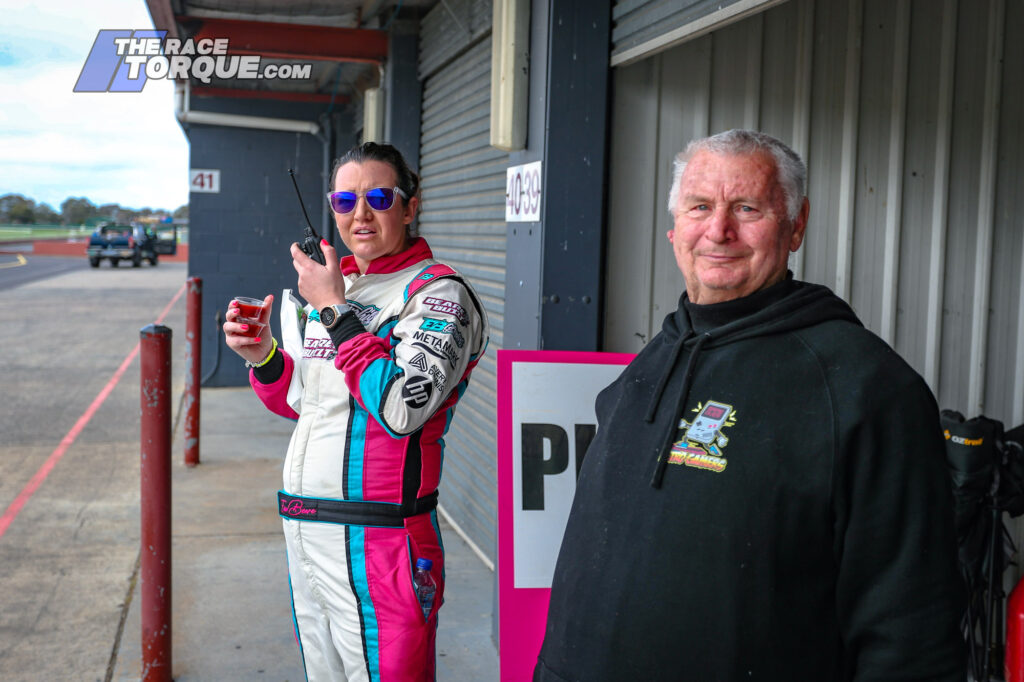
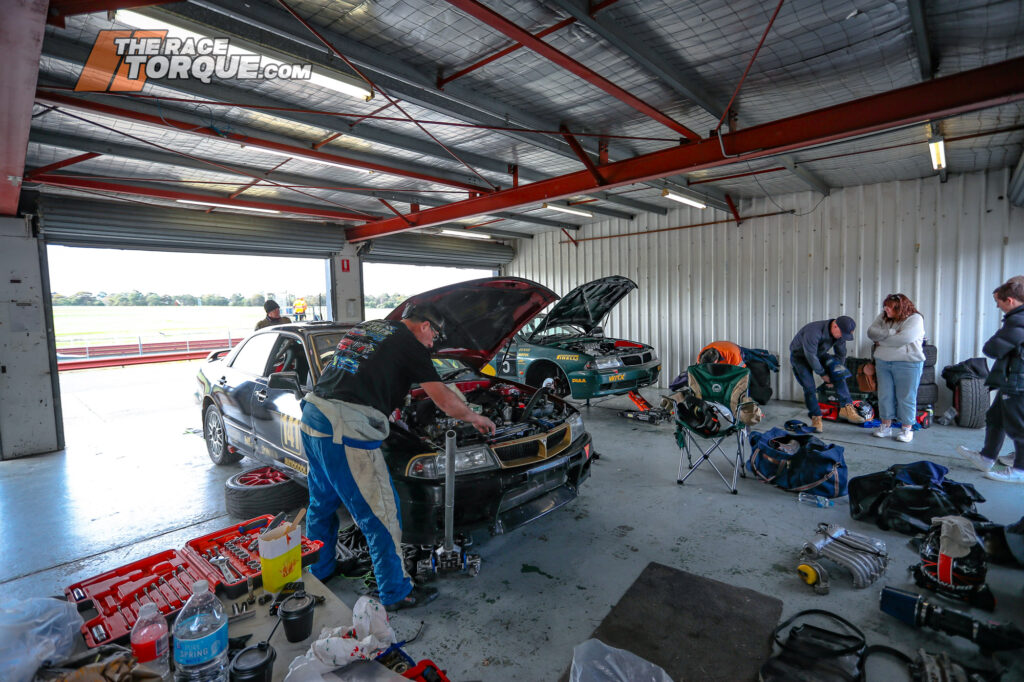
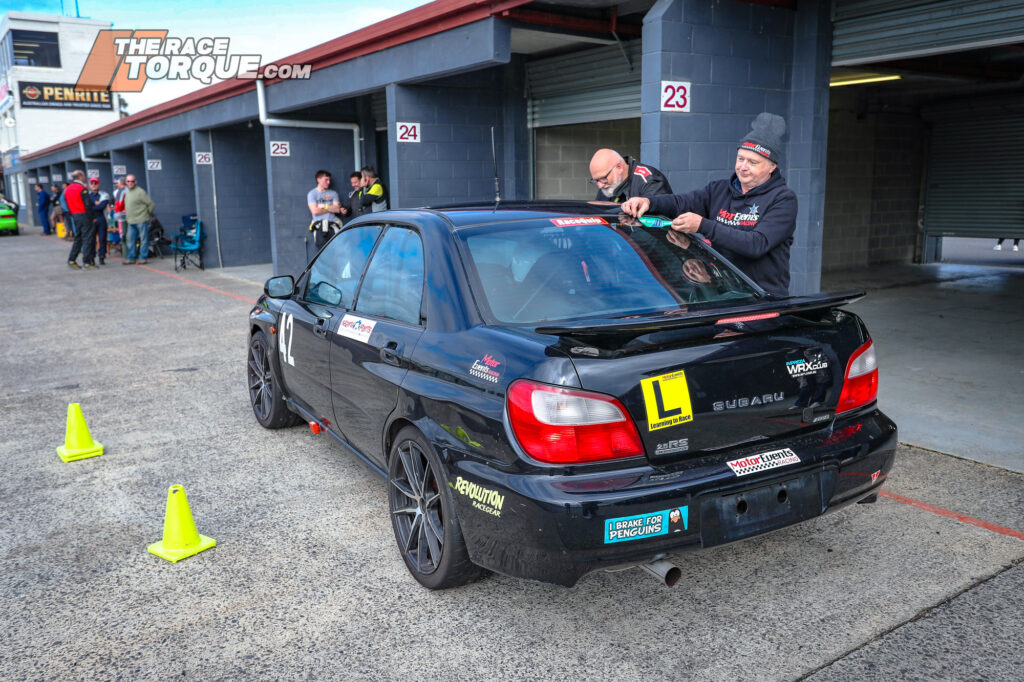
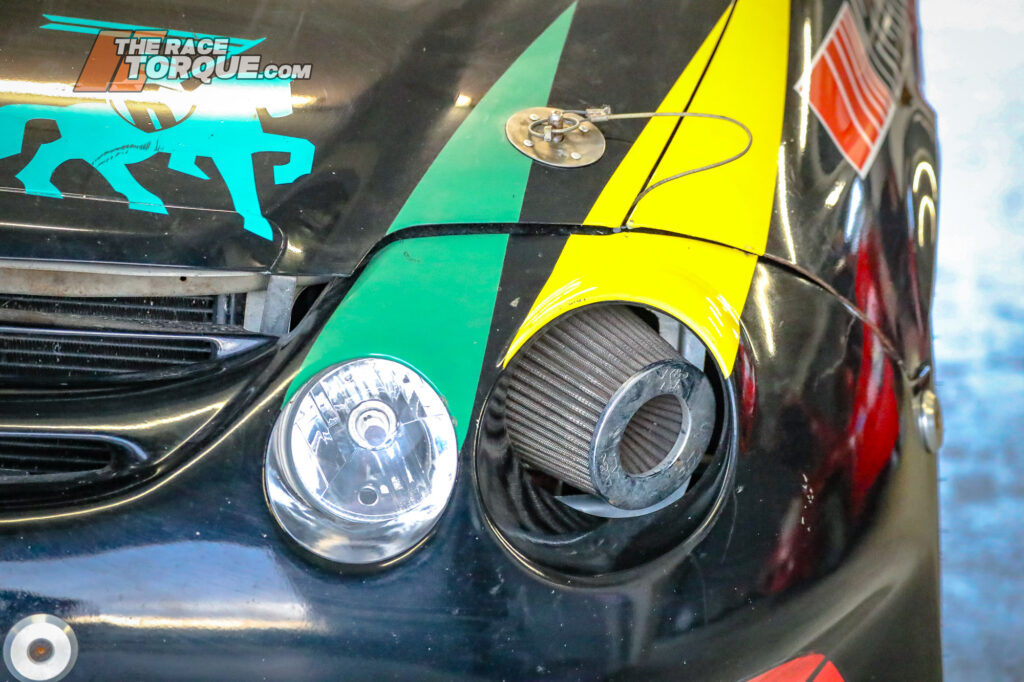
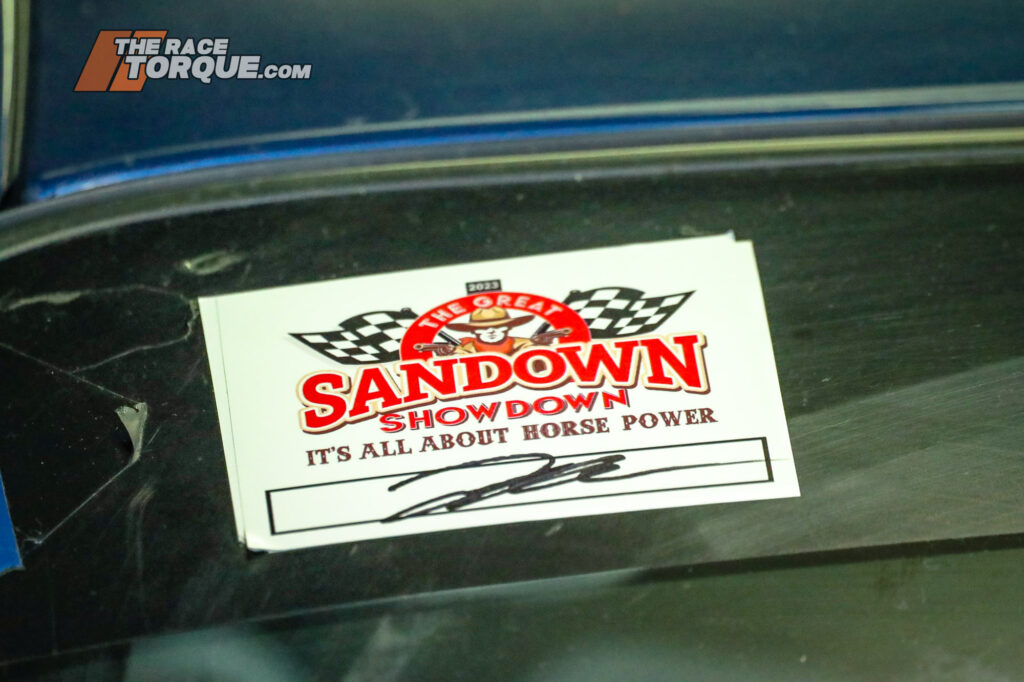
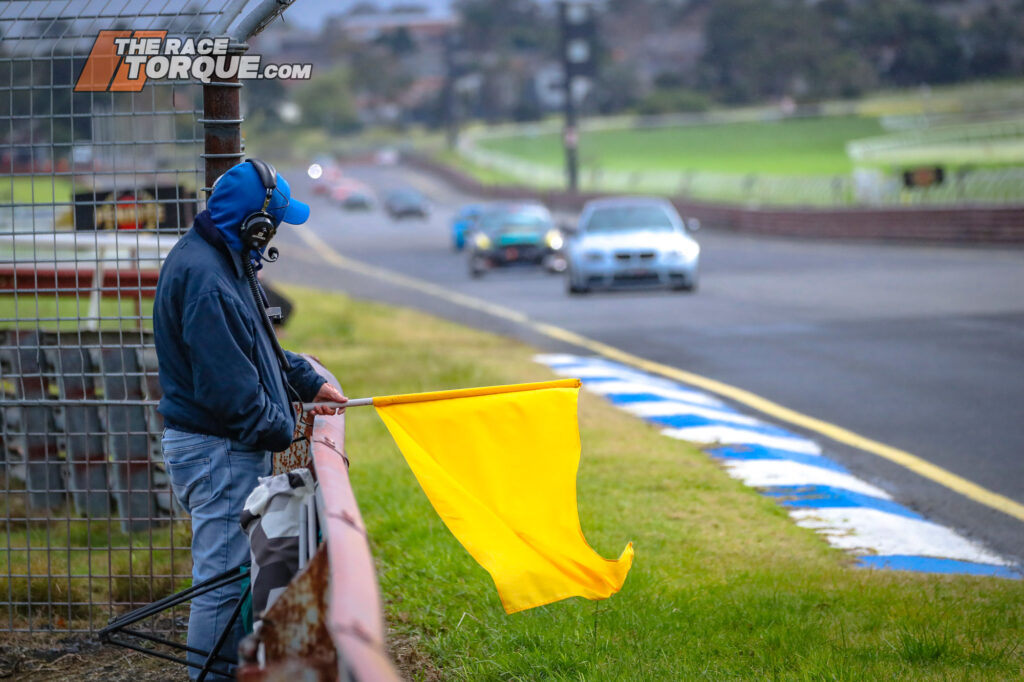
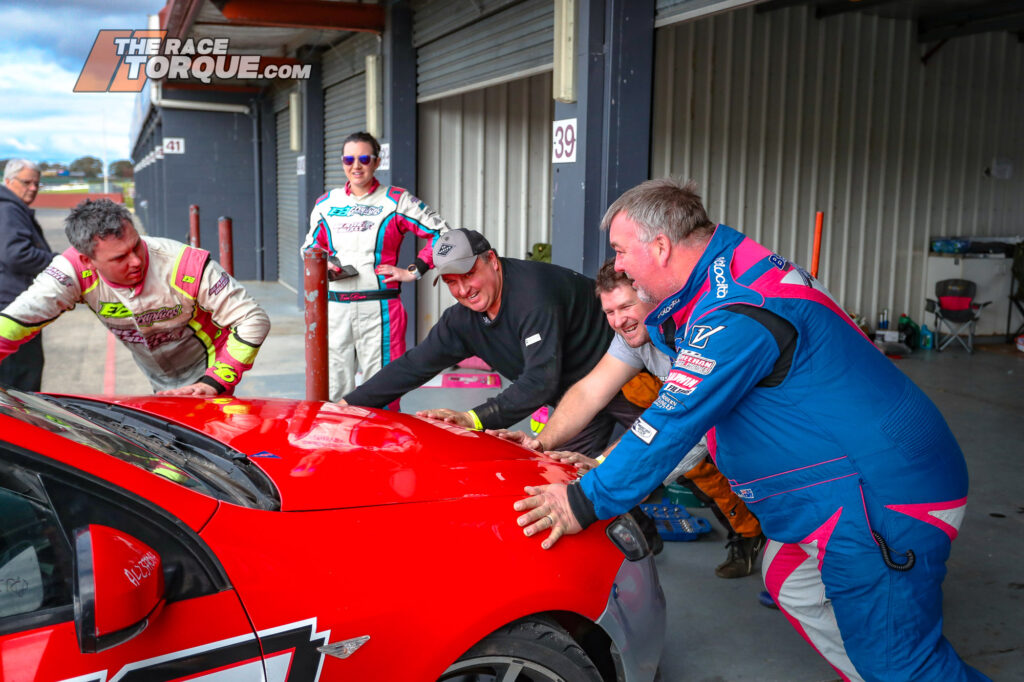
Where and When
There are events scheduled all over Australia, and it would be very difficult to find anything else that offers better value for money.
Next month, there is a 7-hour race at the Pheasant Wood Circuit with a $900 entry fee. Then, at Morgan Park, 20 hours of track time, which runs into Saturday night, with the final eight hours contested on Sunday, would set you back $2,700, which split between four drivers is great value.
On the first weekend in November, there is a 25-hour event on the full 7.7km GT Circuit at The Bend, while in January, the series returns to One Raceway, with the two-day event contested in both directions of travel.
Elsewhere, the format has visited DriveIT NQ, Queensland Raceway, Calder Park, the Thunderdome, Mallala, Sydney Motorsport Park, Lakeside Park, Winton, Phillip Island, and Luddenham.
If you like the idea of having motorised fun on the cheap with like-minded people, this is well worth checking out.




